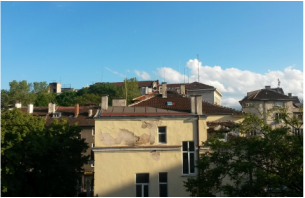
We arrive in wet dark, a recent downpour just petering out, car parks and streets awash. We are met by a smiling young driver who patiently answers all my questions on the way to Hotel L’Opera, a quirky nineteenth century building on Parizh (Paris) which takes its name from the opera house (modelled on its Parisian counterpart) around the corner. From my attic room I can just see the top of the golden dome of the Sv Aleksandur Nevski Memorial Church and, on a clear day, the Vitosha mountain. A floor below, Carole’s tall windows look over a garden full of cats. For most of our time in this lovely city, the sun shines.
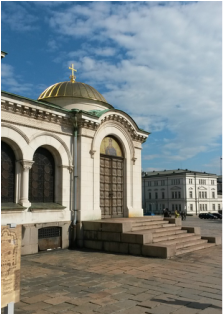
We spend our days wandering: church interiors, markets and parks, cobbles and back streets, much more interesting than the pedestrianised shopping street bul. Vitosha. We plod the length of 6 Septemvri several times a day, frequently finding ourselves lost. We discover a fine vegetarian café with excellent humus and soups and a cocktail bar in a square on Angel Kanchev where we sit under an umbrella in an evening storm. On the same street, a family-run Italian restaurant provides two of the best meals ever. Carole plays a jewellery seller at backgammon for a ring and loses. We visit the tiny but charming botanic garden. We dodge trams, ride one stop on the metro. It takes us several attempts to find the Central Station.
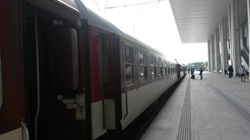
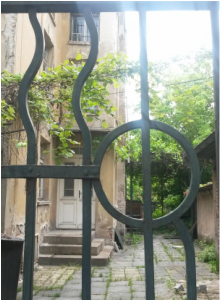
Initially wrong-footed by Capital City Centre Apartments, whose ‘great location’ turns out to be directly over the motorway, we manage to lock ourselves out on the fire escape, having to be rescued by a disapproving security guard. We get used to our flat, although the plush black and white interior, giant TV screens in every room and the disquieting click of lights which switch on automatically whenever we move makes me feel we are in a scene from The Pedestrian. Indeed, when we ask for directions to walk into the city we are greeted with incredulity: get a cab! In fact we discover a back street route into the centre which takes us 15 minutes and is full of surprises.
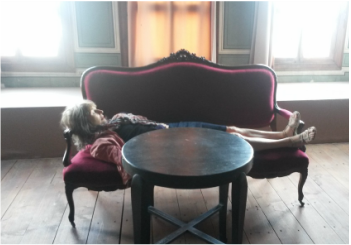
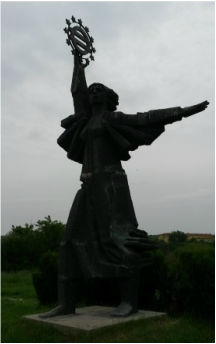
I’d been up half the night before trying to plot a route from our apartment to the Refugee Camp in Harmanli, where I was due to visit the Play School that morning. Our return from Bachkovo had been tricky to say the least. My attempt at navigating with half a map and a profusion of road signs in the Cyrillic alphabet had sent us across lanes of traffic onto the forecourt of a petrol station, where an endlessly patient young man with no English drew us an elaborate way home. It almost worked perfectly until, at the last minute, there was our apartment block rapidly disappearing as we sped past in the opposite direction, involving my poor driver in a risky about turn in rush hour traffic. We weren’t keen to repeat this. Add to this the fact that the address I had for the school didn’t show up on any search, plus there were last-minute problems with my permission for the visit. We set off with me pretending a confidence I didn’t feel, wildly guessing at distances and road names. Somehow, in the nick of time, I figured out how the GPS on my phone worked, and we left the city secure in the knowledge that the soothing English voice would get us there.
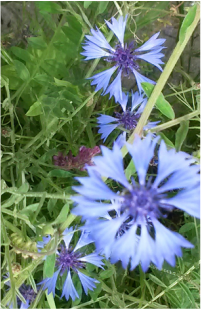
There are no photos of the visit itself, only a few of the area nearby, taken after I left. I’d been warned that it could be difficult to get permission to enter the camp and I thought it might be easier if it looked as though I wouldn’t be taking any secrets away with me. Despite my long wait outside this ex-army barracks, looking across broken concrete and blocks of flats – empty now? – security didn’t seem particularly tight and my escort, when he arrived – another of those young, mild-mannered, slightly sleepy young men with a slow smile – seemed relaxed and very open to answer my questions as we strolled across empty spaces past abandoned buildings and individual units, windows broken – by the refugees, the man said – they get drunk, sometimes there are fights – and awaiting refurbishment. Once there were thousands in the camp; now just a hundred or so. He painted quite a caring picture – here is the canteen, three cooked meals a day for the residents – and said he enjoyed his job. He was 26, the same age as my Jack. Once inside the classroom or rather its temporary home, things looked less straightforward: you’re being listened to, Sadie warned her mum as she talked about the children and the difficulties they face.
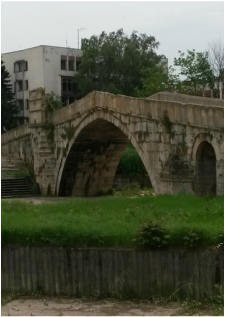
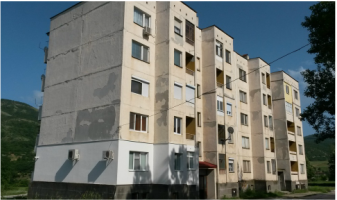
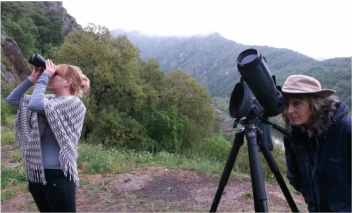
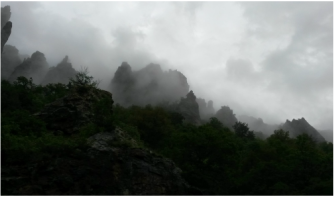
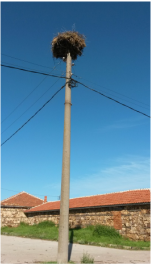
...is Carole’s name for Gorno Pole, the next village to Madzharovo up the mountain. We try to extend our stay with the vultures but the Centre is fully booked. So we follow a recommendation and head for Betty and her Wild Farm. Unfortunately Betty, who speaks good English, is away from home so we have to resort to miming to make ourselves understood – with limited success. Still, there’s that warm welcome which we’re growing used to. The food is fabulous, especially the farm’s own yogurt and honey for breakfast. Our rooms are comfortable, the views spectacular, and we see our first stork's nest. All wonderful – but it’s not Madzharovo.
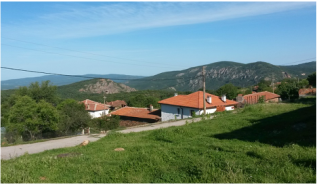
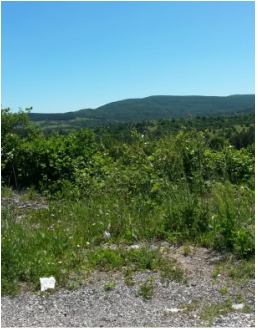
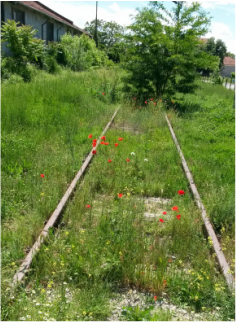
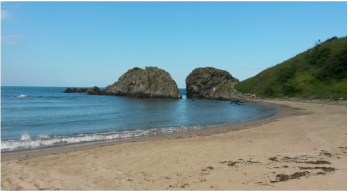
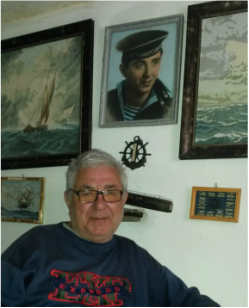
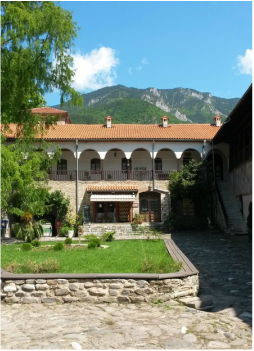
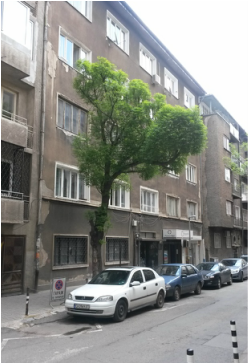
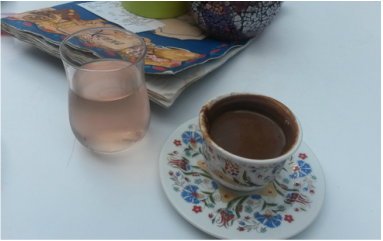
*The light-hearted tone of song & video still sits very uncomfortably with the realities of human rights abuses in Egypt now, highlighted in the murder of Cambridge PhD student Guglio Regeni: see Amnesty International's campaign for Justice for Egypt's Disappeared.
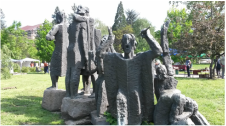
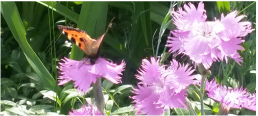
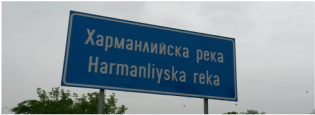
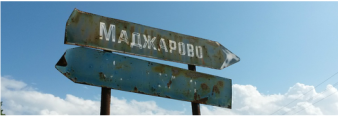
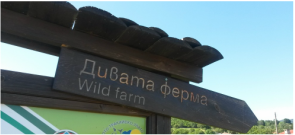
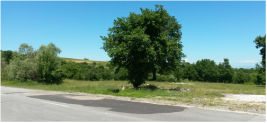
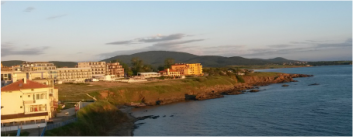
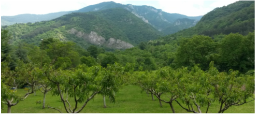
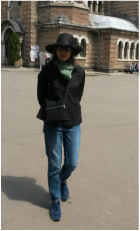
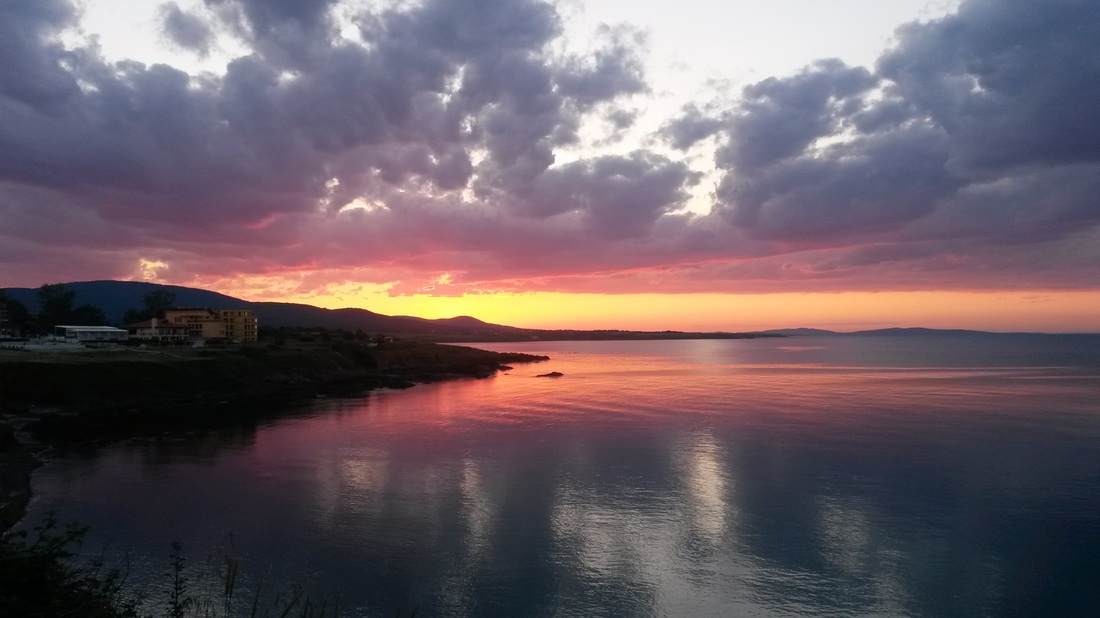
 RSS Feed
RSS Feed
